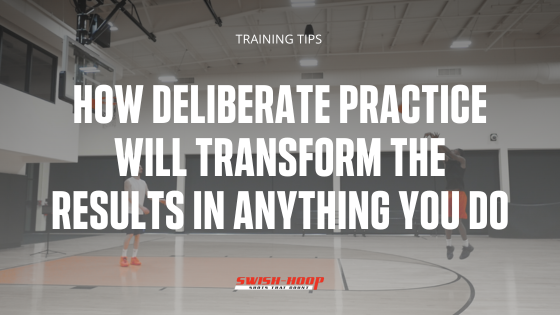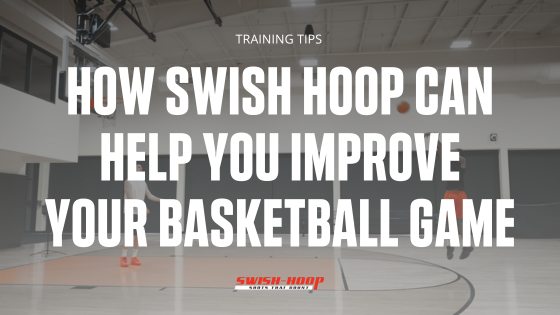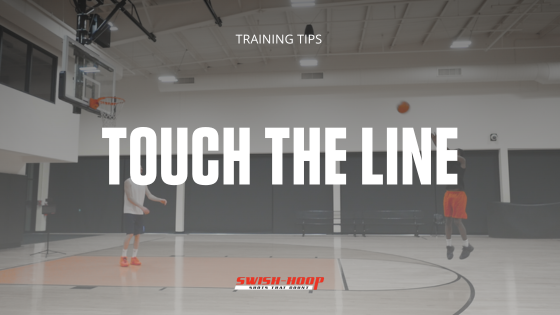Basketball players, like many other athletes, understand that practice is essential to improving their skills. However, not all practice is equal. To truly make progress and achieve success, athletes must engage in deliberate practice, a focused and intentional approach that targets specific skills and challenges.
But, deliberate practice isn't just for athletes - it can be applied to anything you want to improve in life. In this article, we'll explore what deliberate practice is and how it can completely transform the results you create in anything you do.
What is Deliberate Practice?
Deliberate practice is an approach to practicing that involves setting specific goals and targets, breaking down complex skills into smaller components, and focusing intensely on improving each component. This type of practice involves feedback, either from a coach or from self-evaluation, and constant adjustments to improve performance.
Deliberate practice isn't just going through the motions.
It's hard work, requiring focused attention, effort, and persistence, but it can lead to significant improvements in skill and performance.
Deliberate Practice in Basketball
Basketball is a sport that requires a combination of physical abilities and mental skills, such as hand-eye coordination, reaction time, strategic thinking, and communication. To improve in these areas, basketball players must engage in deliberate practice if they want their practice to pay off.
Often times players will spend time in the gym or at their driveway hoop practicing and wonder why they're not seeing much progress in their development. They're practicing, but how are they practicing?
With deliberate practice, players can ensure that the time they're putting into improving their game will yield noticeable results.
Here are some examples of deliberate practice in basketball, specifically to improve a player's shooting:
-
Working on Micro-Skills: To improve shooting skills, players can break down the shooting motion into smaller components, such as their footwork or hand placement. They can then practice each component individually and then incorporate them into a full shooting motion.
In skill acquisition, the process of connecting these smaller micro-skills to the larger skill is also called "chunking". It makes learning a skill like shooting more manageable. By receiving feedback and making adjustments on these skills, players can improve their shooting accuracy and consistency. -
Swishes Only: Players can also get maniacal about how the basketball goes through the hoop on their made shots. Instead of just focusing on making shots, players can up their focus to only count perfect shots such as swishes.
From my own experience practicing my shot but also with my clients, it seems that when a player tries to swish shots, even though they may not swish as many as they'd like, they tend to make more shots as a result of trying to aim for the center of the basket. -
Video Analysis: By reviewing their shooting form on video, basketball players can identify the exact areas where they need to improve and make adjustments to their mechanics. With video, we're able to objectively see what we're doing, slow it down and pinpoint what needs to be improved to make more shots.
- Goal Setting: Not all goal setting qualifies as deliberate practice. Setting vague or overly ambitious goals, for example, may not provide the specific, measurable targets which are necessary for effective deliberate practice. And simply setting goals without actively engaging in focused and repetitive practice may not lead to meaningful improvement.
But, if an athlete sets specific, measurable targets such as achieving over 55% on a 25 3PT shot drill, and then they engage in focused practice - they're on the right path to the benefits of deliberate practice. Using the Swish Hoop Player App, athletes can set targeted goals like these, and similarly achieve badges by maintaining a targeted level of performance over time.
Deliberate practice isn't just for basketball players. It isn't just for athletes. It can be applied to any area of life where you want to improve your skills or knowledge.
When you're learning a new language, you can break down language learning into smaller components, such as grammar, vocabulary, and pronunciation. By practicing each component individually and receiving feedback from a language tutor or native speaker, you can improve your language proficiency.
To improve your piano skills, you can practice specific components, such as proper hand and finger placement. Or for novices like myself who have zero clue how to read music, we memorize piece-by-piece of that John Legend or Adele song and then can play multiple pieces in a row to play the song. By practicing each component individually and receiving feedback from a piano coach (or your mom), you can improve your overall piano-playing performance.
To improve your communication skills, you can practice your eye contact, vocal projection and active listening among other skills. And by practicing each component individually and being mindful of using these skills in conversation with people in your life, you can see your communication skills and your relationships improve.
Deliberate practice is a powerful tool for achieving success and improving performance in any area of life. By setting specific goals, breaking down complex skills into smaller components, and focusing intensely on improving each component, you can achieve significant improvements in your skills and knowledge.
Whether you're a basketball player looking to improve your shooting accuracy or a language learner seeking to improve your communication skills, deliberate practice can help you achieve your goals.
Be intentional. Start practicing deliberately today and watch how it transforms the results in everything that you do.





Leave a comment
All comments are moderated before being published.
This site is protected by hCaptcha and the hCaptcha Privacy Policy and Terms of Service apply.